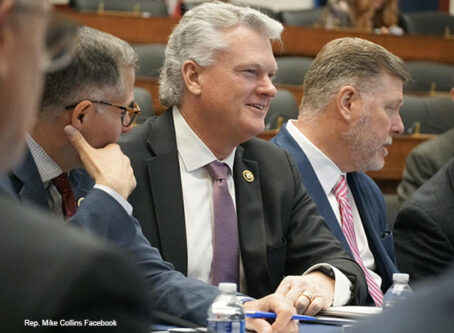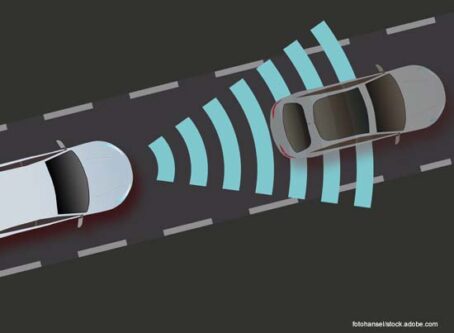California, Teamsters petition FMCSA about state break rules
In August, the Federal Motor Carrier Safety Administration solicited petitions for waivers from its previous decisions to preempt meal and rest break rules in California and Washington. California and the International Brotherhood of Teamsters took the agency up on that offer.
California Attorney General Rob Bonta and the Teamsters recently filed petitions with FMCSA.
The states’ rules exceed the amount of break time required by the hours-of-service regulations. Proponents of FMCSA’s preemption argue that the state rules cause an unreasonable burden on interstate commerce. California and the Teamsters, however, say the extra break time is beneficial to drivers.
“The state’s meal and rest break rules provide substantial health and safety benefits to drivers and the public, and there is no tangible evidence that their enforcement has weakened the national supply chain,” Bonta wrote.
Background
The meal and rest break rules for California and Washington generally require employers to provide employees with an off-duty 30-minute break for every five hours worked and a 10-minute off-duty break for every four-hour period.
The American Trucking Associations and the Specialized Carriers and Rigging Association petitioned FMCSA to preempt California’s break rules because they were “incompatible” with federal regulations. FMCSA granted that petition in 2018.
Two years later, FMCSA granted a similar petition from the Washington Trucking Association about its state’s break rules.
At the time, the agency wrote that the state’s rules have no safety benefits that extend beyond what the Federal Motor Carrier Safety Regulations already provide.
This year, FMCSA opened the door for petitions through Nov. 13.
The Teamsters used the opportunity to push back against claims that the states’ rules fail to improve safety.
“The agency … has completely eschewed these undeniable health and safety benefits and has instead placed its reliance on unfounded and sensationalist arguments made by industry players who have subordinated concerns about drivers and safety to concerns about profits, since the longer and harder they can work drivers without breaks, the more their profits increase, at the expense of drivers and the public,” the group wrote in its petition.
OOIDA’s comments
The Owner-Operator Independent Drivers Association, which represents small-business truckers, filed comments with the agency about the decision to possibly reconsider preempting the rules.
“California and Washington’s meal and rest break laws are, in part, a reflection of how some motor carriers mistreat drivers through poor working conditions, non-competitive wages and misclassification,” OOIDA wrote. “California and Washington’s meal and rest break laws do not undermine highway safety, and OOIDA maintains that any actions to preempt these laws are further attempts to unfairly exploit driver productivity.”
In addition, OOIDA said that the state rules should not dissuade carriers from operating in the state and will not weaken the supply chain. The Association also argued many of the disputes over the rules could be solved by clarifying the definitions of interstate and intrastate commerce.
“OOIDA understands the ambiguities pertaining to federal preemption of state meal and rest break laws but believes that reviewing how interstate and intrastate commerce is determined could be helpful in bringing overdue clarity to these and other issues,” it said. LL









